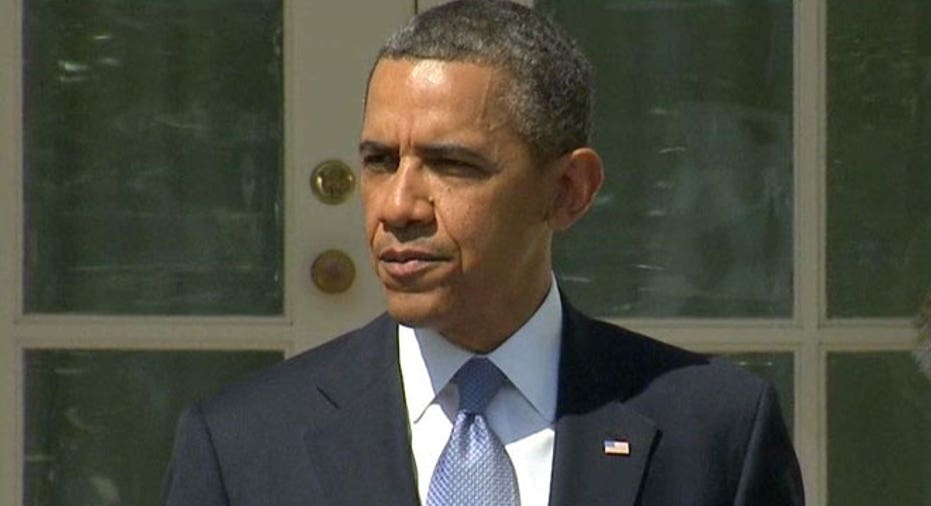Small Biz Owners Dealt Blow in Court on ObamaCare Subsidies, Vow Appeal

A federal judge dealt small business owners taking the federal government to court over ObamaCare insurance subsidies a blow Wednesday, striking down their lawsuit that said the subsidies are unlawful.
Thirty-four states across the country opted not to create their own insurance exchanges; therefore the federal government stepped in under the Affordable Care Act to create these marketplaces – aka HealthCare.gov -- for individuals to enroll in coverage. The suit was filed last May on behalf of business owners from six states against the Department of Health and Human Services, the IRS and the Treasury Department. It argued that insurance subsidies should not be available in states that did not set up these exchanges, but today’s ruling rejected its claims.
In addition, the suit argued the employer and individual mandates should not be implemented in these 34 states, as individuals and business owners did not have a state-run exchange from which to purchase coverage.
Under the individual mandate portion of the law, which kicks in this year, every person in the country must have insurance by the end of open enrollment period on April 1, or they will face a penalty of $95 or 1% of their annual income for failing to comply.
The employer mandate portion of the law, which was postponed until 2015, states that every business in the country with at least 50 or more full-time workers must offer them coverage, or face a penalty of $2,000 per worker (the first 30 full-time employees are exempt), per year.
The lawsuit claimed these penalties should not be used to subsidize care via the federal exchange, because these states did not set up their own health-care marketplaces.
U.S. District Judge Paul Friedman said in his opinion that these subsidies were consistent with the law, and that they would be available even in states that did not set up their own exchanges.
Sam Kazman, general counsel for the Competitive Enterprise Institute, which is organizing and funding the suit, said a notice of appeal has already been filed with the D.C. Circuit U.S. Court of Appeals.
“We find it interesting the court did acknowledge our argument regarding that the key provision of the act was supported by plain language [in the law] but the court went ahead to override that,” Kazman says. “We feel it was an error on the court’s part.”
Either way, Kazman says it will likely hit the Supreme Court level, as the plaintiffs will appeal if they lose, and the administration will likely do the same if they lose. According to Kazman, several other similar cases are underway in Oklahoma and Indiana, as well as private plaintiff cases pending in federal court.
While states were given the option to create their own exchanges, Kazman says the fact that 34 opted not to shows a lack of support for ObamaCare.
"In upholding this IRS regulation that is contrary to the law enacted by Congress, this decision guts the choice made by a majority of the states to stay out of the exchange program,” he says. “It imposes ObamaCare penalties on employers and on many individuals in those states, penalties that Congress never authorized, putting their livelihoods and the jobs of their employees at risk. Worst of all, it gives a stamp of approval to the administration’s attempt to substitute its version of Obamacare for the law that Congress enacted.”



















